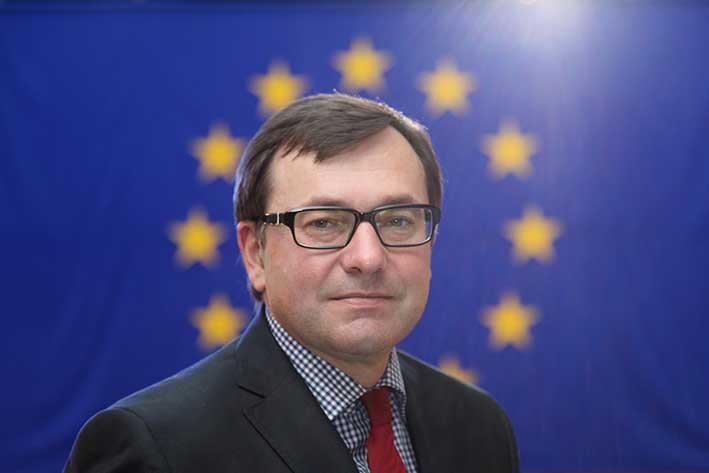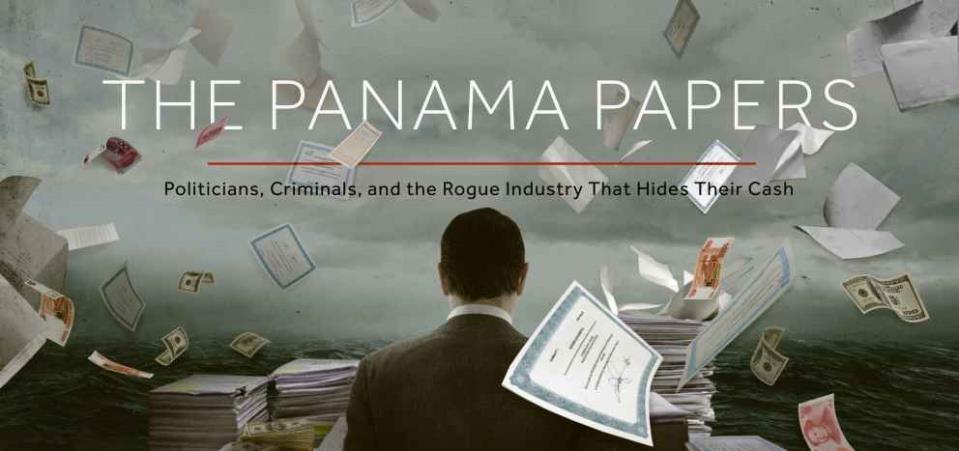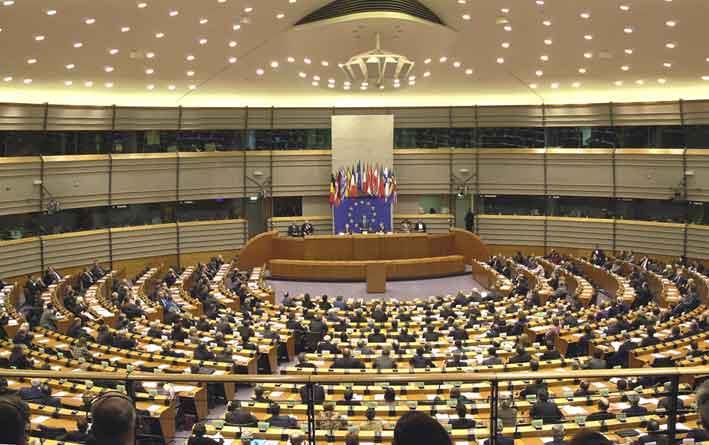Minister Konrad Mizzi having acquired a company in Panama has affected Malta’s Presidency of the EU Council to some extent, Group of the Alliance of Liberals and Democrats for Europe MEP Petr Jezek told The Malta Independent.
“We could see this during the Maltese Finance Minister’s presentation of Malta’s Presidency priorities before the ECON committee in the European Parliament. A number of political groups, from left to right, raised the issue, and that is clear proof that it negatively impacts on the image of the Presidency country.”
“Of course it’s not only the cases related to politically exposed persons, but it’s also the suspicion about the whole tax system, and the fight against money laundering – whether the country is up to the task and whether all EU rules are effectively implemented.”
“The image of the Presidency country is, to some extent, the image of the EU itself, and that is why people here are worried.”

MEP Jezek (above) is also a member of the Committee of Inquiry to investigate alleged contraventions and maladministration in the application of Union law in relation to money laundering, tax avoidance and tax evasion (Pana Committee).
Asked whether he believes Malta is further under the spotlight of EU scrutiny due to the Panama Papers and the Swiss Leaks revelations, he said yes.
“There were those revelations which included the names of Maltese politicians. There were also investigations which ended up in resignations of the person responsible for the investigations themselves (referring to former FIAU Chief Manfred Galdes),” he said. “So of course it is worrying and it brought Malta into a negative spotlight. This is a pity as I am sure that Malta is capable of doing quite a lot of good work as a Presidency country, and to some extent this could be overshadowed by the negative aspects.”
The MEP, questioned whether it would have been better had the Maltese Minister resigned prior to Malta taking the Presidency, said that he would not dare interfere in domestic politics, and said that he wouldn’t enter into this discussion. “But I would say that one way or the other, it probably could have been dealt with in a more efficient way. Now we are in the situation we are in, and it seems that the situation hasn’t been solved or dealt with in a way that would have blown away suspicions or the negative atmosphere.”

Asked how many of those Maltese who were asked by the Committee to appear before it have accepted, he said that at this stage he will not confirm any names, but added that the mission to Malta is still in its early stage and the vast majority have not yet responded. He said he was not only referring to those invited by members of the government or the opposition, but also representatives from organisations like the FIAU. “At this early stage I will not draw any conclusions from this”.
“We will need to wait but of course the invitations were made after thorough consideration within the committee and it would be good if people invited are available as it would give the complete picture of the situation there.”
Some members in the European Parliament have brought up the issue of the Maltese tax system, and a number of MEPs are also in favour of the idea of tax harmonisation. Asked for his stance on these issues, MEP Jezek told this newsroom that when it comes to corporate taxation rates, it is clearly within the purview of the member states. “I’m in favour of tax competition as given that we have the Euro currency, which to some extent is a straitjacket from some financial aspects. Member states are not all the same and they need an instrument to ease the situation, and a reasonable modified level of corporate tax rates could be the way to go. At the same time I am also supportive of efforts to establish a common consolidated corporate tax base, because we see a number of cases around the EU where big companies nearly pay no taxes at all, and shift profits to countries where the tax rates are lower even though they have near to no activities there. This is not fair and is not how society should be organised in 2017.”

“From the point of view of transparency and clarity, I think it would be good for companies if there is a set of rules which would deal with how taxable profits should be calculated in member states. Also, if there is agreement in the council another step would be to ensure that taxes are paid according to economic activities in the respective countries.”
Asked what more he believes the EU must do to fight tax avoidance, the MEP said that he is sure the Pana committee will come up with some recommendations when it concludes its inquiries. He said that when it comes to tax avoidance, it is not always clear where the line is between what is acceptable and unacceptable, and said that if the EU goes for a common consolidated tax base, it would help narrow down what the issues are.
Asked how situations like the Panama Papers, Swiss leaks and other such revelations have impacted the financial services sector in the EU, he believes that the revelations showed, “to the surprise of many, that the scale of the problem is far larger than expected and that those who were supposed to fight against these tax evasion schemes are, on the contrary, facilitating their construction. This goes for banks as intermediaries, and a number of them do not fulfil the obligation to report suspicious transactions and assist their clients in setting up shell companies outside the EU.”
“Questions surround implementation and enforcement of current legislation. It’s true that it’s not always easy to distinguish, but clearly there is some degree of intentional behaviour which goes against the spirit of the law which is there to fight against tax evasion and money laundering.”
“At the end of the Pana committee we would like to know the strengths and weaknesses of current EU legislation, whether it is up to the task. We would also like to know whether the legislation is rightly implemented and enforced in member states. “